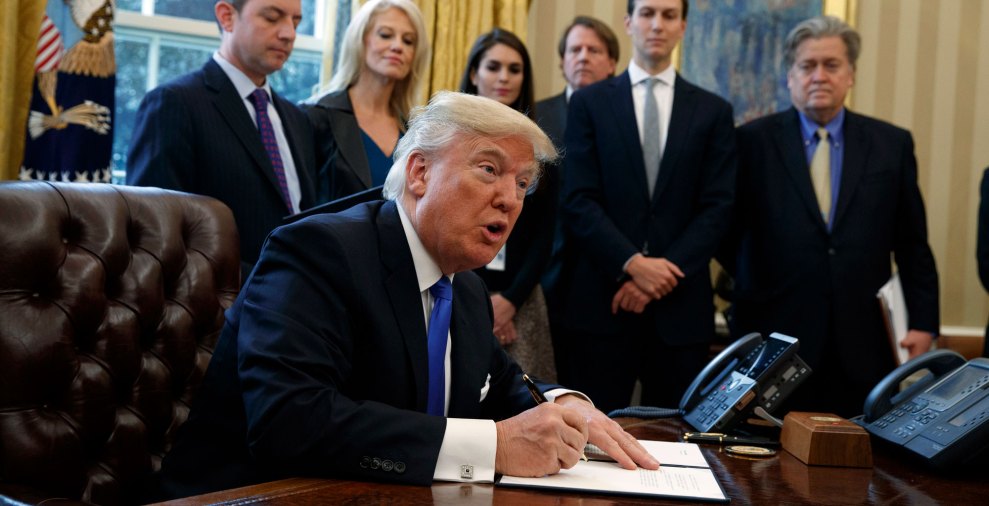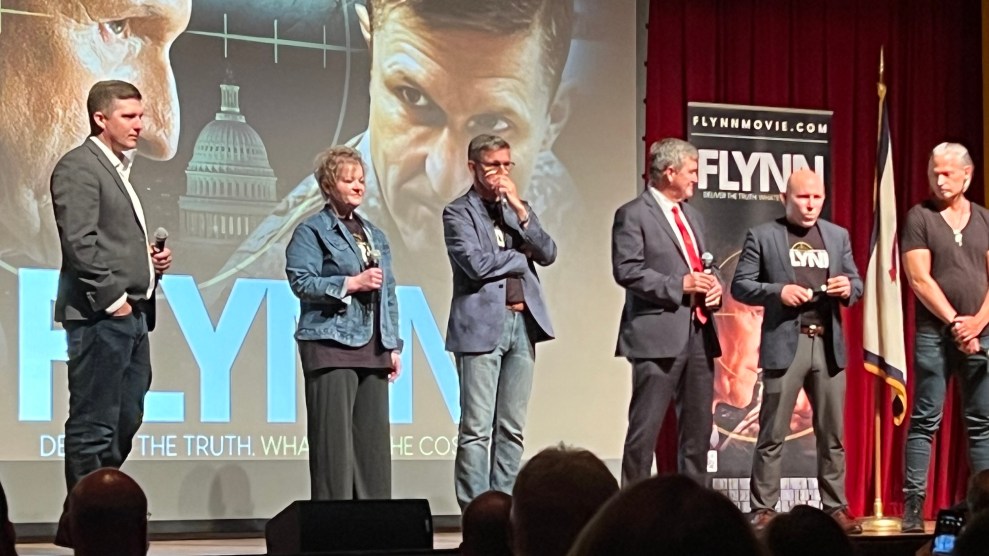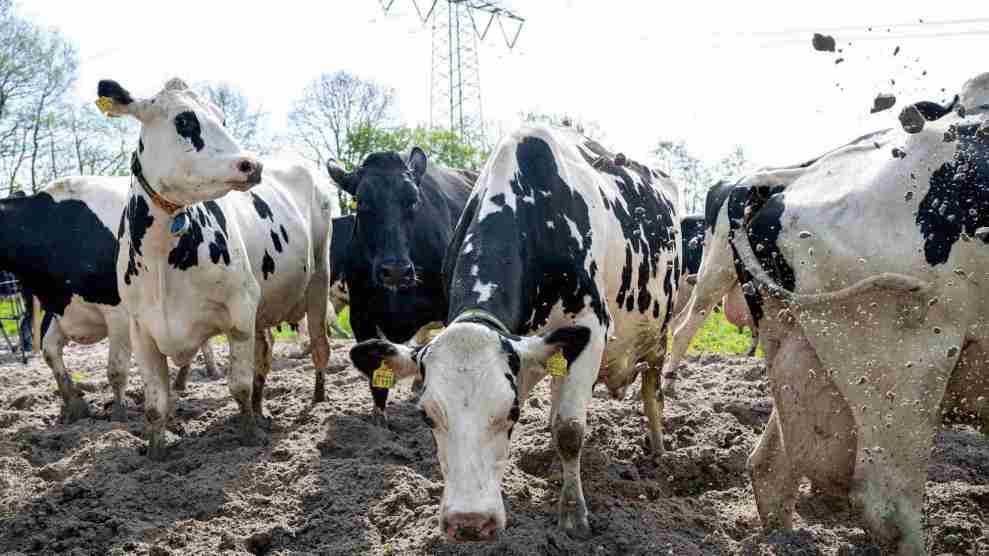Theda Skocpol has written an immense study of why the 2010 climate bill failed. I haven’t read it yet, but Brad Plumer talked to her yesterday and got the nutshell version: climate hawks had a really bad legislative strategy:
BP: So around 2007, Republicans were becoming more skeptical of climate policy. Yet the main climate strategy in D.C. was to craft a complex cap-and-trade bill amenable to businesses like BP and DuPont in the hopes that those companies would bring in Republican votes.
TS: I think a lot of environmental groups were under the impression that the Republican Party is a creature of business, and that if you can make business allies, you can get Republicans to do something. But I don’t think the Republican Party right now is mainly influenced by business. In the House in particular, ideological groups and grassroots pressure are much more influential. And in the research we’ve done, the two big issues that really revved up primary voters were immigration and the EPA.
BP: So environmental groups weren’t quite ready for Republican resistance. But then why did health care succeed when cap-and-trade failed? What was the difference?
TS: The two groups had slightly different strategies going into 2009. Health care reformers were thinking about how to build support among Democrats
while many environmentalists were focused on reaching out to Republicans.
I think everyone agrees that there were lots of reasons that cap-and-trade failed. Still, I’d say the basic reason is the most fundamental one: the votes just weren’t there, and nothing could have changed that. Sure, reaching out to Republicans was probably a doomed strategy, but what choice was there? You need at least a few Republican votes to break a filibuster in the Senate. Likewise, maybe Obama could have handled things better, but what did he have to offer skeptical senators in return for their votes? Not much. Unlike healthcare reform, where you could essentially buy off the opposition, there are big costs to cap-and-trade for certain states and senators simply aren’t going to ignore that.
All this is pretty obvious, but I’d add one more thing: Democrats have been trying to pass some form of national healthcare for nearly a century. They failed half a dozen times before finally passing Obamacare by the skin of their teeth. Deep in their bones, they knew how hard it was to pass something like this; they knew how badly they wanted it; and they knew they wouldn’t get another chance for a very long time. So, finally, after a hundred years, they stuck together just long enough to pass a bill.
Climate change doesn’t have that history. It hasn’t yet been bred into Democratic DNA and it hasn’t yet failed enough times to make it clear to everyone just how hard it is and just what kind of infuriating compromises it takes to finally pass something. The unfortunate truth is that for something this big, you have to fail a few times before you can succeed.
The problem, of course, is that we don’t have time for several decades of failure before finally doing something serious about climate change. This means that the usual legislative process might simply be unworkable as a way of limiting carbon emissions. The climate community may have to get a bit more direct about things if they want to make progress before the planet gets baked to a cinder.

















